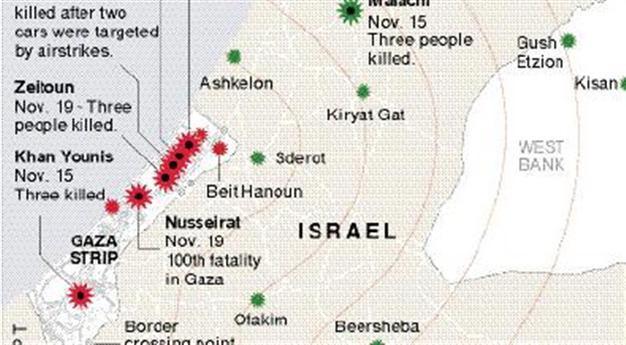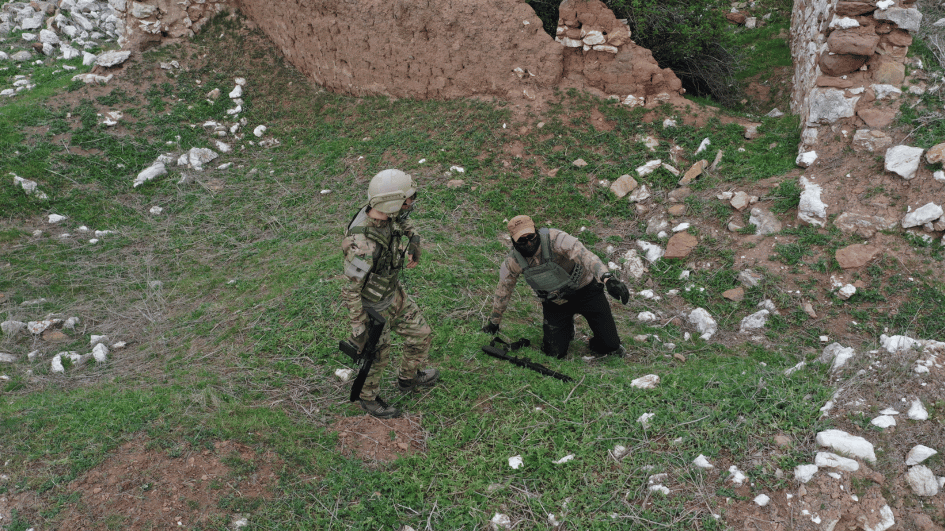Missile-makers strive to meet Iron Dome demand
JERUSALEM - Reuters
 Israel sees its Iron Dome anti-rocket system as a noted success of its Gaza assault but the only problem is keeping up with demand for the interceptor missiles, their makers said.
Israel sees its Iron Dome anti-rocket system as a noted success of its Gaza assault but the only problem is keeping up with demand for the interceptor missiles, their makers said. “We’ve been working in non-stop shifts,” said an official with Rafael Advanced Defense Systems Ltd. on Nov. 20, which developed the system. He declined to be named for security reasons.
Equipped with five of the boxed-shaped batteries, the Israeli military says it has fired 360 missiles since the start of operation last week.
Cost between $30,000 to 50,000
Each interception costs $30,000 to $50,000, according to former Defense Minister Amir Peretz. Israel argues that proves cost-effective in preventing lethal strikes, which could trigger a vastly more expensive war.
Iron Dome’s radar-guided interceptor missiles target only rockets the system calculates will land in urban areas and blow them up mid-air. A military source said it was having a 90 percent success rate.
“Outstanding success rates have been achieved so far,” said Avi Leshem, an official with ELTA, a smaller firm involved in the project. He said company employees were working “night and day” to ensure the batteries stay in service. An industry source familiar with production standards for such weapons, estimated that at full output a company like Rafael would be able to produce around 10 missiles a day.
Each battery costs Israel around $50 million, though the export price would likely be higher.
















